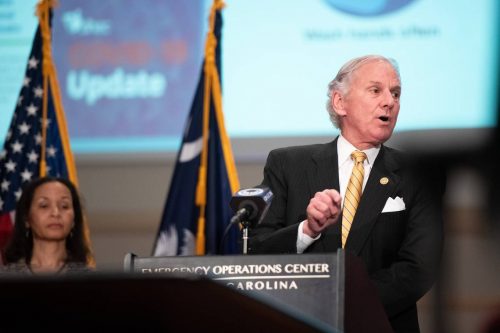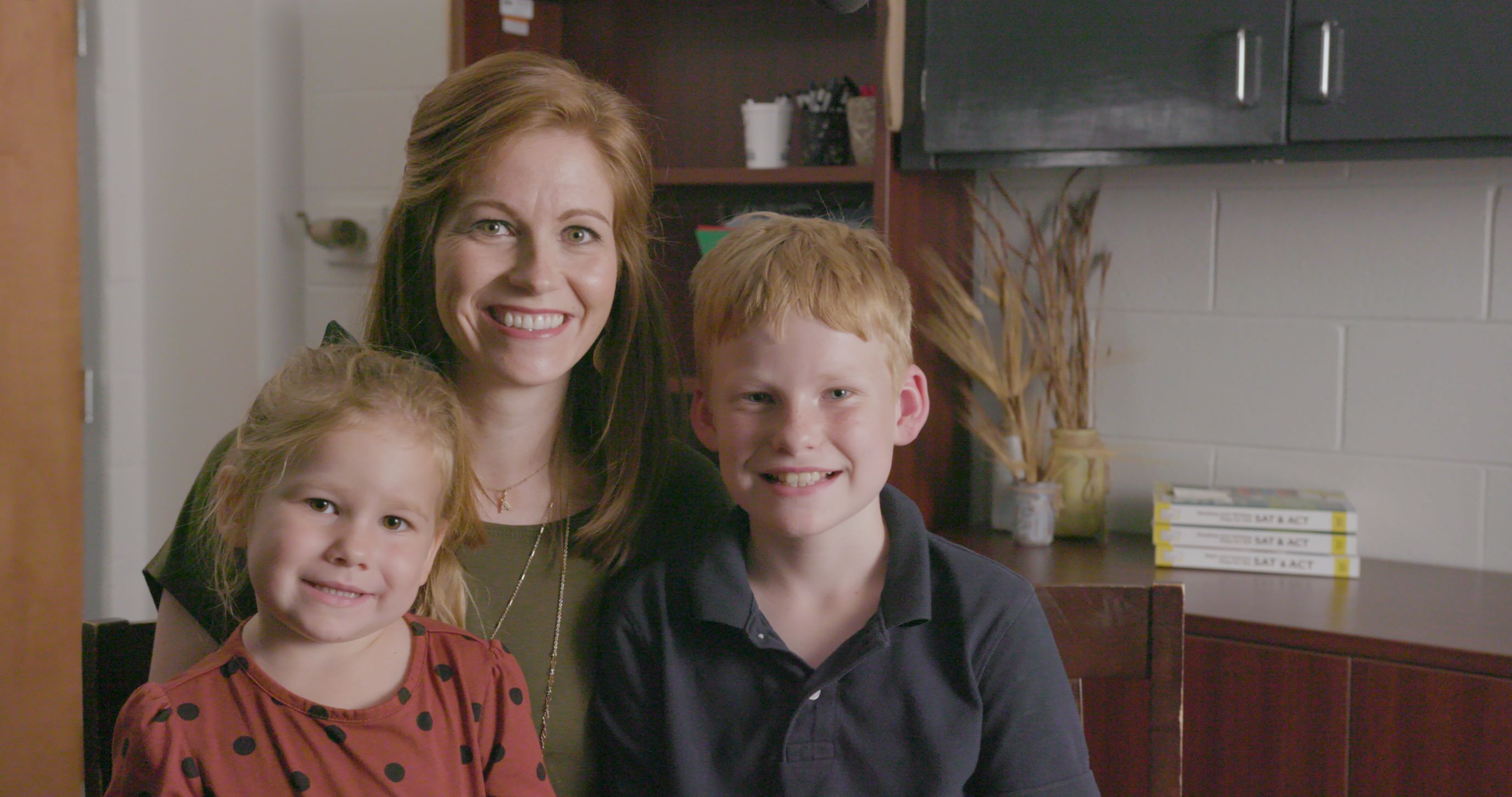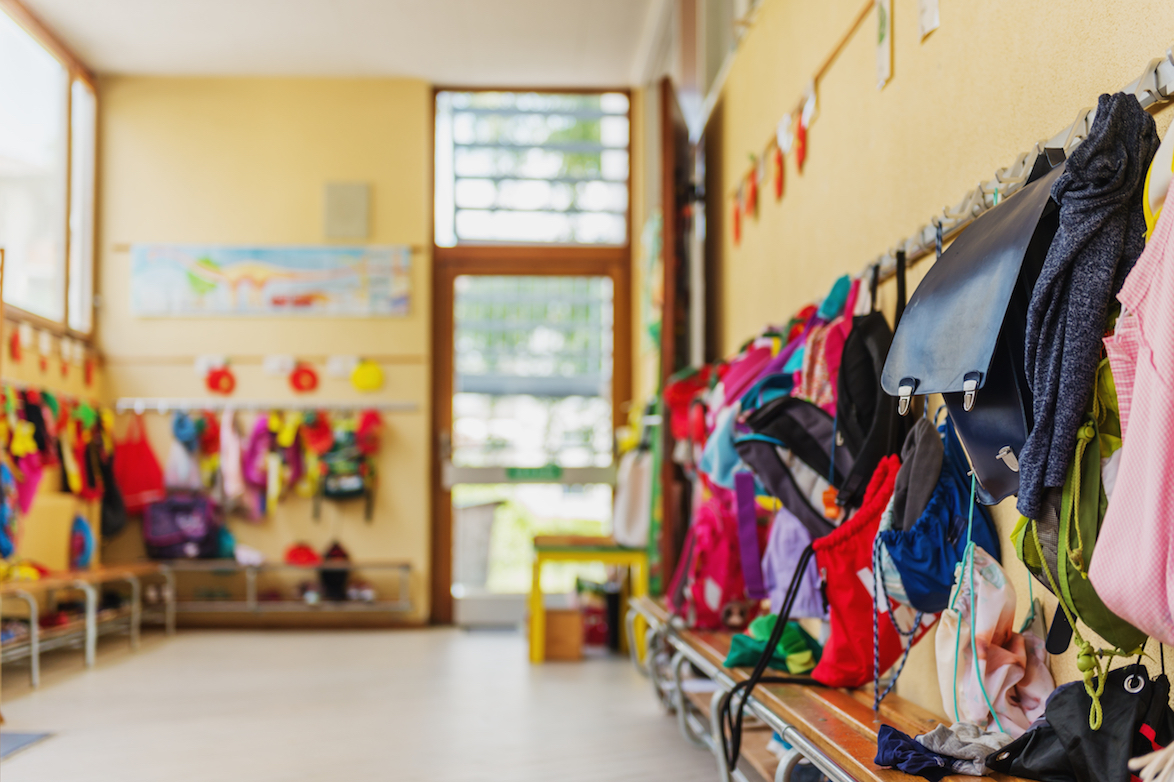Cutting red tape: 11 South Carolina deregulatory moves during Coronavirus crisis
The medical necessities of the COVID-19 pandemic have identified regulations—some perhaps legitimate, many unnecessary—which have been suspended to boost South Carolina’s healthcare capabilities, and respond to the pressing needs of workers, small businesses, and our economy.
Many actions have been by Executive Order of the Governor. Others have come directly from state agencies adapting to our new reality as citizens are required to limit their movements and contact with others.
However, there is more to do! View additional Palmetto Promise policy recommendations here.
6 Key Medical Barriers Down
- Out-of-state Medical Licenses. As the National Conference of State Legislatures applauded, and WBTV reported, the Board of Medical Examiners and the Board of Nursing through the Governor are guaranteeing a 24-hour turn around on temporary licenses for out-of-state physicians, physician assistants, and respiratory care practitioners. The state also waived application fees.
- The state department of Health & Human Services, following federal initiatives, expanded access to telemedicine. In one case, the State Board of Medical Examiners agreed to accept as a group thousands of physicians affiliated with one telemedicine provider, Teladoc. Additionally, the SC LLR Department suspended enforcement of the prohibition on prescribing schedule II and III medications via telemedicine.
- Certificate of Need (CON) Bed Limits. In a move to ensure an adequate supply of hospital beds in critical areas should there be a COVID-19 surge, Governor McMaster directly suspended hospital bed limits and allowed temporary facilities, giving them flexibility for expansion during the crisis.
- Professional License Renewals. For South Carolinians with professional or occupational licenses that expire between March and August, the new expiration date is September 30th according to the Department of Labor Licensing and Regulation (LLR).
- Emergency Medical Technicians and Nurses. South Carolina has a number of deregulatory policies put into permanent law prior to COVID-19. For instance, South Carolina has joined two compacts that allow professionals to cross state lines more easily (EMT Licensure and Nurse Licensure).
- Scope of Practice. The SC Department of Labor, Licensing and Regulation Board of Medical Examiners suspended the requirement that a nurse practitioner or physician assistant licensed in good standing in North Carolina and/or Georgia enter into a practice agreement with a physician licensed in South Carolina. South Carolina could take this one step further, following the lead of Arizona Governor Ducey who temporarily suspendied the requirement that Certified Registered Nurse Anesthetists (CRNAs) to be supervised by a physician.
5 Other Notable Steps Taken
- South Carolina Department of Labor, Licensing and Regulation through its staff and professional boards has adopted a wide range of waivers for Nursing, Pharmacy, Marriage & Family Therapy, Medicine, Optometry, Speech Pathology, and Dentistry.
- Driver Licenses and Vehicle Fees. The SCDMV will treat all driver licenses, commercial vehicle registrations, and temporary license plates that expired between March and June as valid until July 1, 2020. They will also waive late fees for vehicle registration renewals.
- Alcohol Sales. Governor McMaster suspended regulations allowing the SC Department of Revenue to waive any regulation prohibiting curbside, in-vehicle, or to-go sales of sealed wine and beer on carry-out menus to aid struggling restaurants.
- Tax filing. Governor McMaster announced that the state’s income tax filing deadline would be pushed to July 15, 2020.
- Transport & Safety. Governor McMaster has waived certain trucking limits to allow for expedited shipment of needed medical supplies, among any other goods. The Governor, in conjunction with SLED, has also temporarily loosened restrictions on private security firms to allow for more temporary licenses to keep businesses and property safe.





